Feeling your pain
How Bill Clinton really won the second debate in 1992

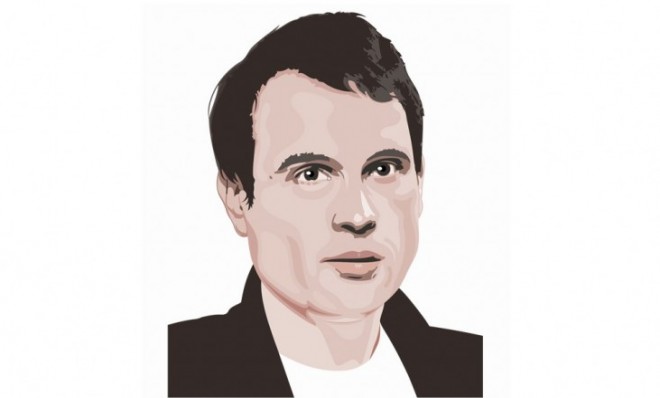
A free daily email with the biggest news stories of the day – and the best features from TheWeek.com
You are now subscribed
Your newsletter sign-up was successful
The most famous moment from the second presidential debate in 1992, the moment that arguably cinched the deal for Bill Clinton, was not, as many pundits today would have it, when George H.W. Bush was caught looking at his watch.
It was how both candidates responded to one question: "How has the national debt affected each of your lives, and if it hasn't, how can you honestly find a cure for the economic problems of the common people if you have no experience in what's ailing them?"
Bush started his answer: "I think the national debt affects everybody. Obviously, it has a lot to do with interest rates."
The Week
Escape your echo chamber. Get the facts behind the news, plus analysis from multiple perspectives.

Sign up for The Week's Free Newsletters
From our morning news briefing to a weekly Good News Newsletter, get the best of The Week delivered directly to your inbox.
From our morning news briefing to a weekly Good News Newsletter, get the best of The Week delivered directly to your inbox.
The questioner interrupted: "You, on a personal basis?" Moderator Carole Simpson interjected: "You, personally?"
Bush began to try to answer: "Well, I love my grandchildren..." The woman: "How?"
Bush: "Well, I love my grandchildren and I wanted to think that they're going to be able to afford an education. I think that ... "
And then Bush actually asked the questioner whether she was saying that rich people aren't affected by the debt. "Help me with the question and I'll try to answer," he said.
A free daily email with the biggest news stories of the day – and the best features from TheWeek.com
The woman explained that she had friends who had trouble paying their mortgages or car payments. "How can you help us if you don't know what we're feeling."
Simpson: "I think she means more the recession."
Bush gave a long, winding answer, and then, through gritted teeth, thanked the woman "for clarifying for me."
...
Then Bill Clinton got up. He walked a few feet, and asked her, to set the mood, to effectively restate the fact that she had been hurt by the recession. "How has it affected you again? You know people who lost their homes?"
"Uh huh," the woman said.
Then...
"I've been governor of a small state for 12 years. I'll tell you how it's affected me. Every year, Congress and the president sign laws that make us do more things and give us less money to do it. I see middle-class people whose services have gone down while the wealthy has gotten tax cuts. When people lose their jobs, there is a good chance i know them by their name. If the factory closes, I know the people who ran it."
Clinton continued his quintessential "I feel your pain" answer. At one point, the camera cut to Bush, his mouth open in an incredulous smirk.
Who is better equipped to handle a question like that today?
Neither candidate is known for their empathy, but Obama does much better in these situations than Mitt Romney does.
In some ways, looking back at the 1992 question, Simpson and the question-asker were not predisposed toward Bush to begin with, but Romney has to know that the same factor might tackle him, and he can't complain about it. He has to be ready with something he has so far not produced.
Marc Ambinder is TheWeek.com's editor-at-large. He is the author, with D.B. Grady, of The Command and Deep State: Inside the Government Secrecy Industry. Marc is also a contributing editor for The Atlantic and GQ. Formerly, he served as White House correspondent for National Journal, chief political consultant for CBS News, and politics editor at The Atlantic. Marc is a 2001 graduate of Harvard. He is married to Michael Park, a corporate strategy consultant, and lives in Los Angeles.
-
 How the FCC’s ‘equal time’ rule works
How the FCC’s ‘equal time’ rule worksIn the Spotlight The law is at the heart of the Colbert-CBS conflict
-
 What is the endgame in the DHS shutdown?
What is the endgame in the DHS shutdown?Today’s Big Question Democrats want to rein in ICE’s immigration crackdown
-
 ‘Poor time management isn’t just an inconvenience’
‘Poor time management isn’t just an inconvenience’Instant Opinion Opinion, comment and editorials of the day
-
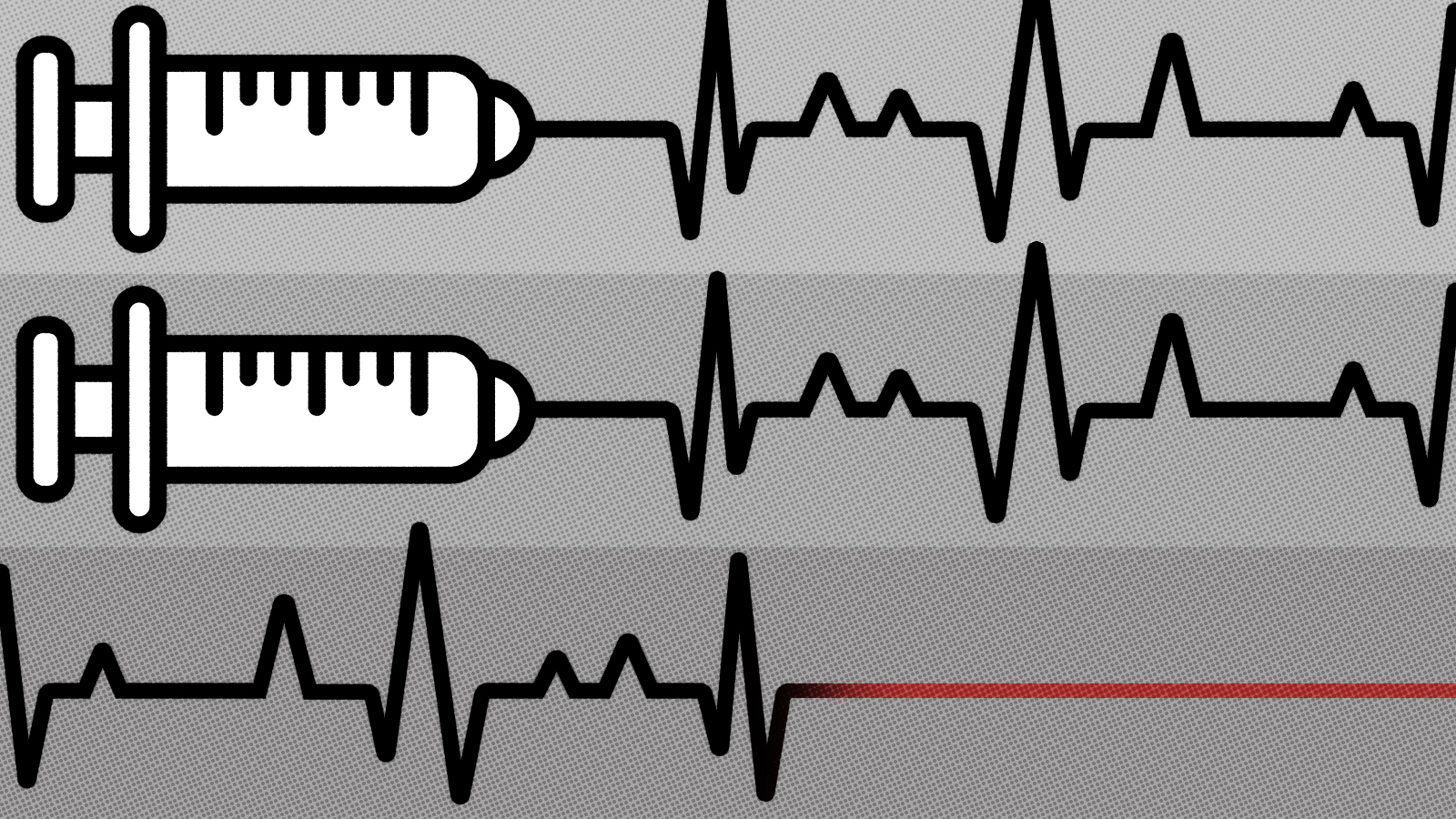 Do unvaccinated COVID patients deserve scarce care? A doctor weighs in.
Do unvaccinated COVID patients deserve scarce care? A doctor weighs in.The Explainer Justice, judgment, and the last ICU bed
-
 How to vaccinate the anti-vaxxers
How to vaccinate the anti-vaxxersThe Explainer Instead of blaming people for not doing the right thing, let's focus on eliminating the obstacles to vaccination that still remain
-
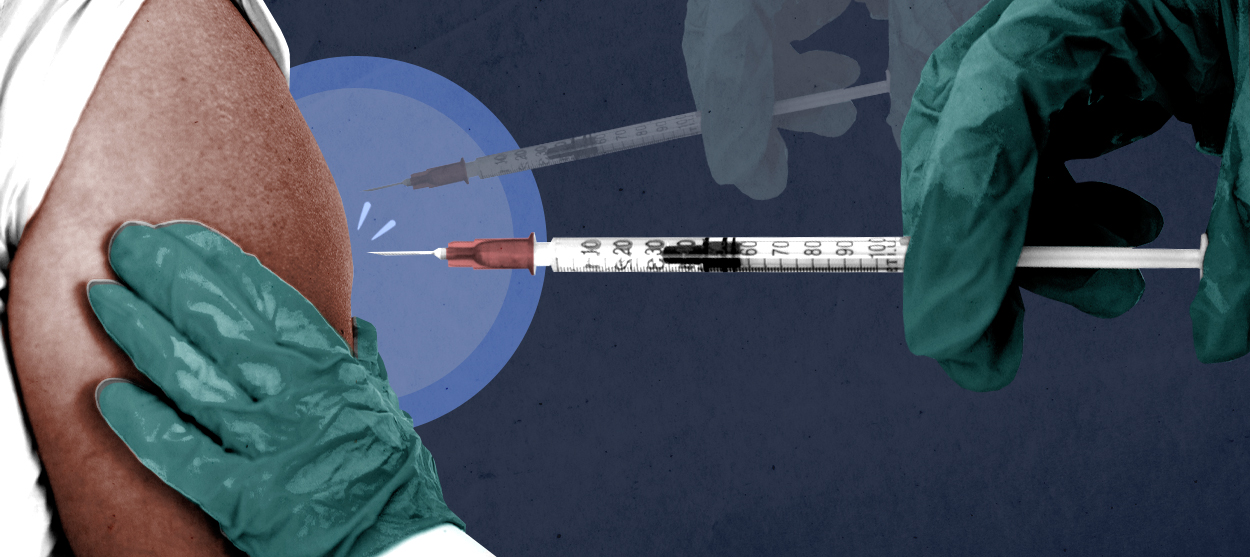 The U.S. could double its COVID-19 vaccine availability overnight. What's the holdup?
The U.S. could double its COVID-19 vaccine availability overnight. What's the holdup?The Explainer How the FDA could approve a more efficient vaccine rollout
-
 The October Surprise nobody wanted
The October Surprise nobody wantedThe Explainer Trump has COVID-19. Really, 2020?
-
 Life is worth living
Life is worth livingThe Explainer What's driving America's rising suicide rate?
-
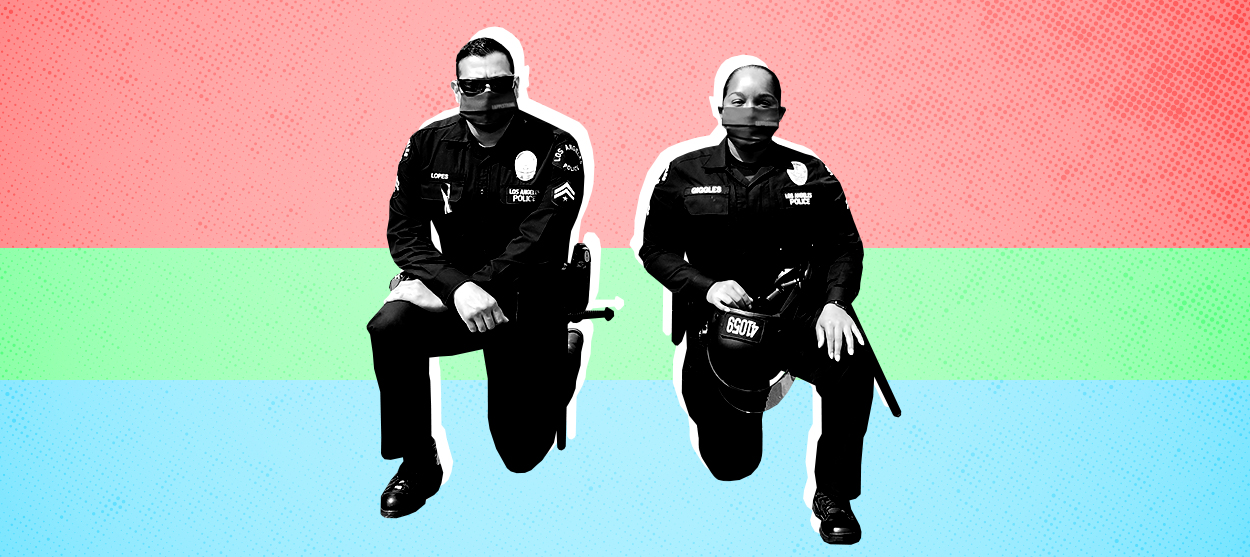 Social workers are masters at de-escalation. Here's what the police can learn from them.
Social workers are masters at de-escalation. Here's what the police can learn from them.The Explainer Knowing how to peacefully resolve conflict, rather than exacerbate it, can save lives
-
 Settling in for the long pandemic
Settling in for the long pandemicThe Explainer Life won't be back to "normal" anytime soon
-
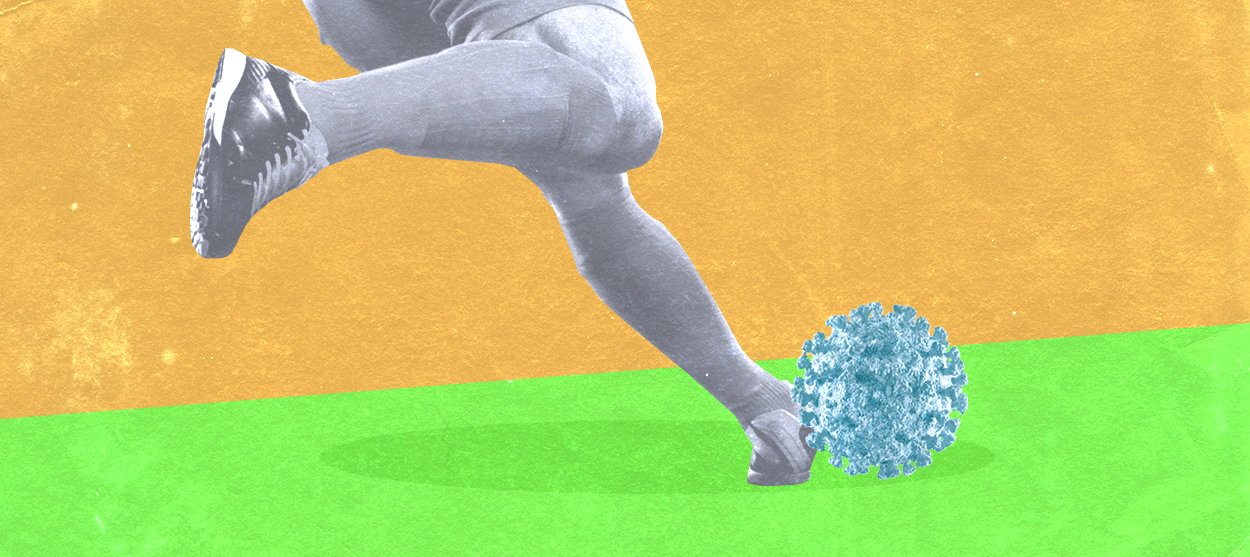 Sports reveal how much America is trailing the rest of the world
Sports reveal how much America is trailing the rest of the worldThe Explainer MLS and other American leagues are stumbling through their pandemic restart plans
